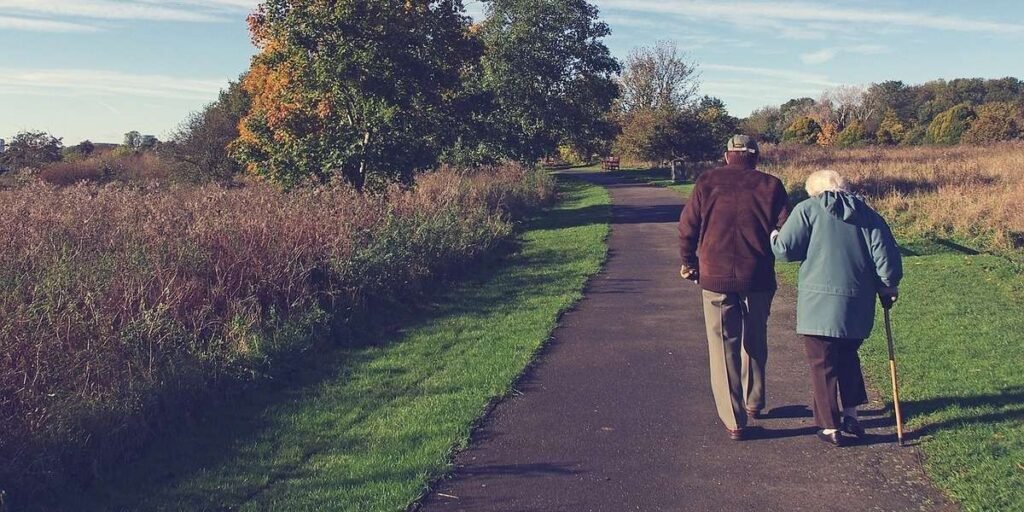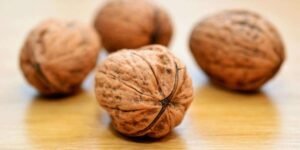
Calcium Supplementation For the Elderly to Prevent Osteoporosis
Calcium is one of the nutrients needed by the human body. The body needs calcium to maintain bone strength and perform other important functions. However, as people age, the rate of calcium loss will also accelerate. Once a bone is accidentally injured, The situation may be serious, so the elderly need calcium supplements. In addition to taking supplements, the elderly can also absorb calcium from food to maintain bone health.
Elderly people’s kidneys degenerate and their bone mass decreases
Calcium is mostly stored in bones and teeth, strengthening their structure and hardness. Calcium is needed for muscles to move and for nerves to transmit messages between the brain and various parts of the body. In addition, calcium also helps blood vessels carry blood throughout the body, and helps the body produce hormones (hormones, also known as hormones) and enzymes that affect various body functions.
Older people will have less bone mass. One reason is that the elderly generally have a poor appetite, or they may have a poor appetite due to illness, causing them to eat less and absorb less calcium; another reason It is because the kidney function of the elderly has deteriorated and the efficiency of retaining calcium is reduced, causing more calcium to be excreted from the body through urine.
Calcium deficiency increases risk of osteoporosis
In the short term, when calcium intake is insufficient, the body will not have obvious symptoms, because the body will take calcium out of the bones to maintain the concentration of calcium in the blood; if the appropriate amount of calcium is not supplemented for a long time, bone damage may occur. Reduced intake increases the risk of osteoporosis. Osteoporosis causes bones to become thinner and less dense, making them more fragile. A small collision or fall may cause fractures, and part of the bone may be completely broken.
Osteoporosis affects bones throughout the body. Bones in areas such as the buttocks, spine, and wrists are more commonly injured. Spinal fractures caused by osteoporosis can lead to shortening of height and changes in body posture. If the calcium deficiency is more severe, symptoms such as finger tingling, twitching, loss of body consciousness, and abnormal heart rhythm may occur.
Get calcium from food
Elderly people need to supplement calcium. For men aged 51 to 70, it is recommended to supplement 1,000 mg of calcium daily. For women aged 51 to 70, it is recommended to supplement 1,200 mg daily. For people over 71 years old, regardless of gender, it is recommended to take a daily calcium supplement. 1,200 milligrams of calcium. The elderly should supplement calcium regularly to avoid bone problems and physical harm. In addition to taking supplements, you can also get calcium from the following general foods:
- Milk, cheese, yogurt.
- Spinach, okra, kale, broccoli, figs, greens, soybeans, white beans, oranges.
- Sardines, salmon, perch, rainbow trout.
- Most cereal-based foods, such as bread, pasta, cereals without nutritional fortification, etc., contain less calcium.
- Some foods may have calcium added, such as breakfast cereals, oatmeal, juice, tofu, etc. You can check the ingredients labeled on the packaging to see if they contain calcium.













